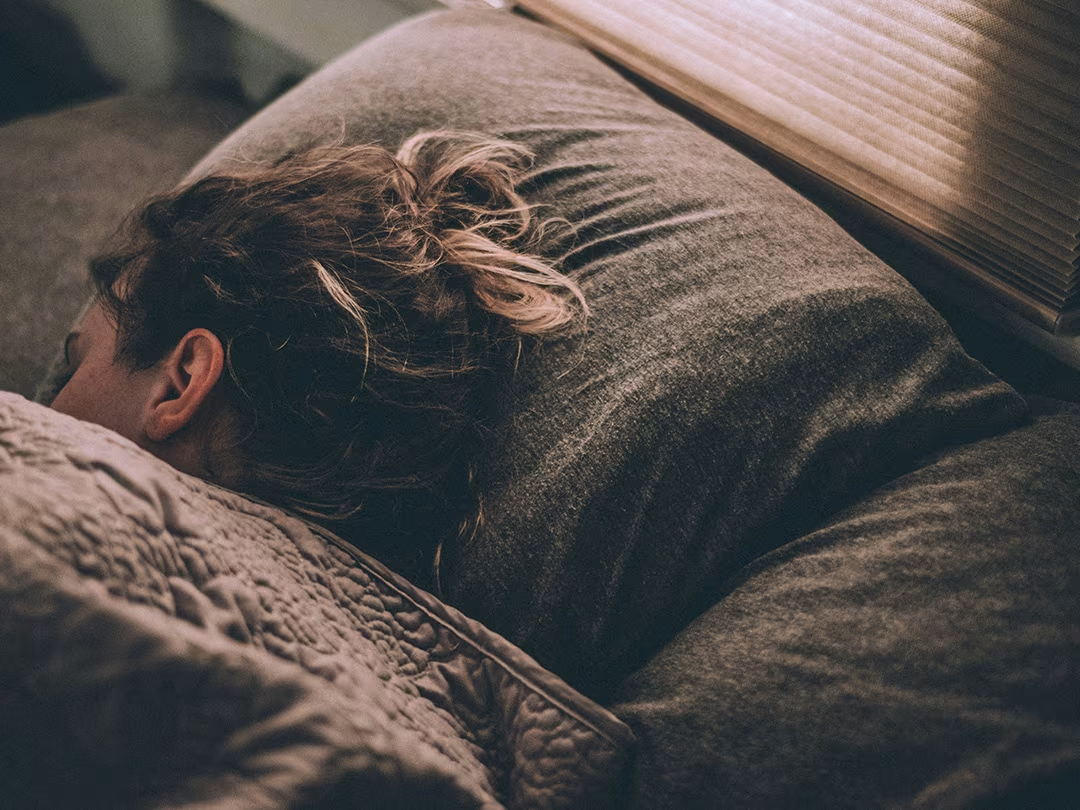
The Science of Deep Sleep: 9 Proven Ways to Improve Rest Tonight
Sleep isn’t just “downtime.” It’s the most powerful recovery tool you have—affecting everything from muscle repair and hormone balance to memory and emotional regulation. Yet in a world of endless screens, late-night work, and constant notifications, deep, restorative sleep has become rare.
Deep sleep (also called slow-wave sleep) is where the real magic happens: growth hormone surges, tissues repair, memories consolidate, and your body resets for the next day. The good news? You can train for better sleep just like you can train for strength or endurance.
1. Keep a Consistent Schedule
Your body’s circadian rhythm thrives on regularity. Going to bed and waking up at the same time—even on weekends—reinforces your internal clock and makes falling asleep easier.
2. Control Light Exposure
Light is the strongest cue for your circadian rhythm. Bright light in the morning helps wakefulness, while dim, warm light at night signals your body to wind down. Blue light from devices in the evening can delay melatonin production—use filters or go screen-free before bed.
3. Cool the Room
A drop in core body temperature is one of the triggers for sleep onset. Set your bedroom to around 18–20°C (65–68°F) and choose breathable bedding.
4. Create a Wind-Down Routine
Your brain needs a transition from “day mode” to “sleep mode.” Reading, stretching, or meditation can signal it’s time to power down. Avoid anything highly stimulating, like intense work or doom-scrolling.
5. Watch Caffeine Timing
Caffeine has a half-life of 5–6 hours, meaning your afternoon coffee can still be in your system at bedtime. Cut off caffeine intake 6–8 hours before sleep.
6. Avoid Heavy Meals Late at Night
Large, heavy meals too close to bedtime can disrupt digestion and make it harder to sleep deeply. Aim to finish eating at least two hours before bed.
7. Manage Stress Before Bed
Racing thoughts are a common sleep thief. Journaling, breathwork, or guided meditation can help unload mental clutter before your head hits the pillow.
8. Limit Alcohol
Alcohol may make you drowsy, but it disrupts REM and deep sleep stages, leading to less restorative rest.
9. Track, Test, Adjust
Just like training, improving sleep is a process of iteration. Track your sleep duration, quality, and habits so you can see patterns—and then make small, targeted adjustments.
Bringing It All Together
Great sleep doesn’t happen by accident—it’s built through consistent habits and smart adjustments. The LIFEHACKR® Sleep mini-app tracks your patterns, identifies weak spots, and recommends personalized changes to improve deep sleep without guesswork.
